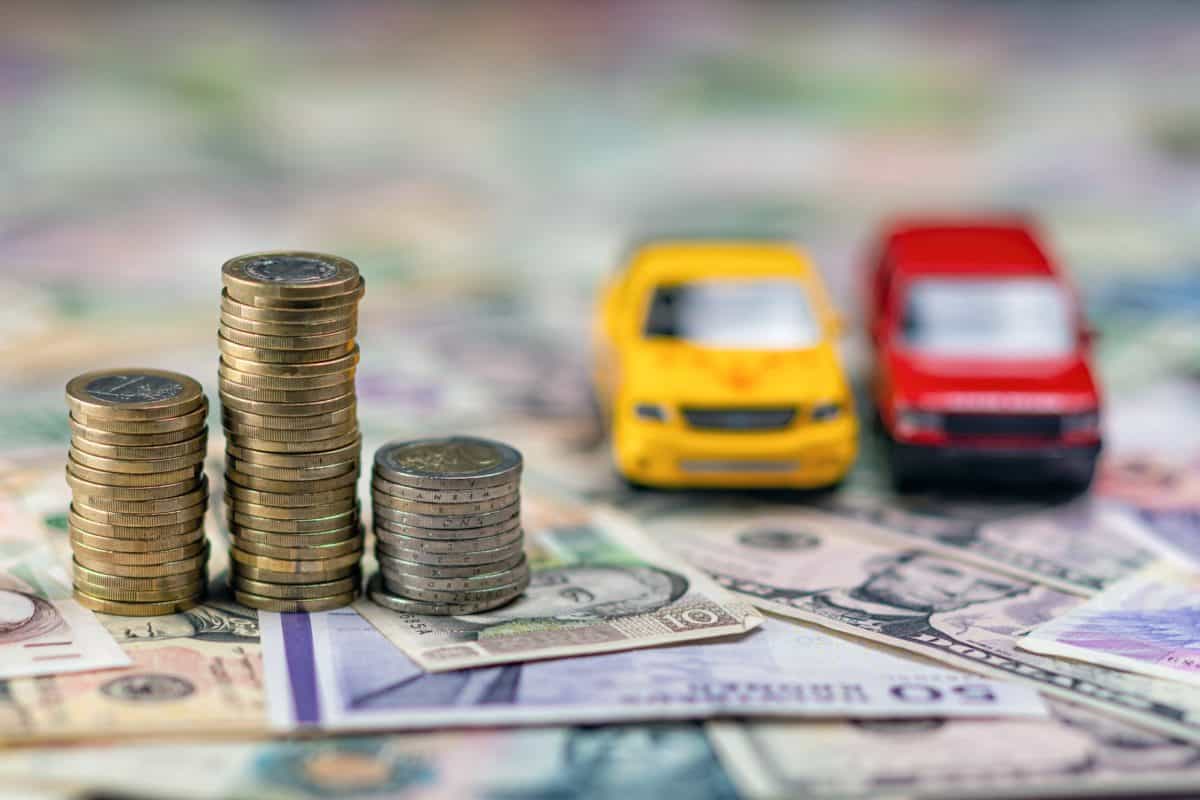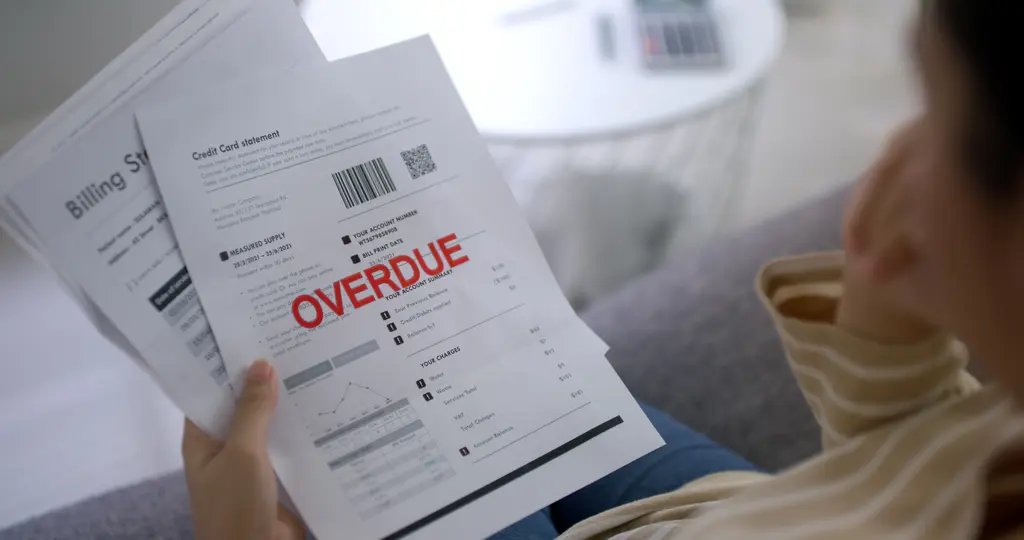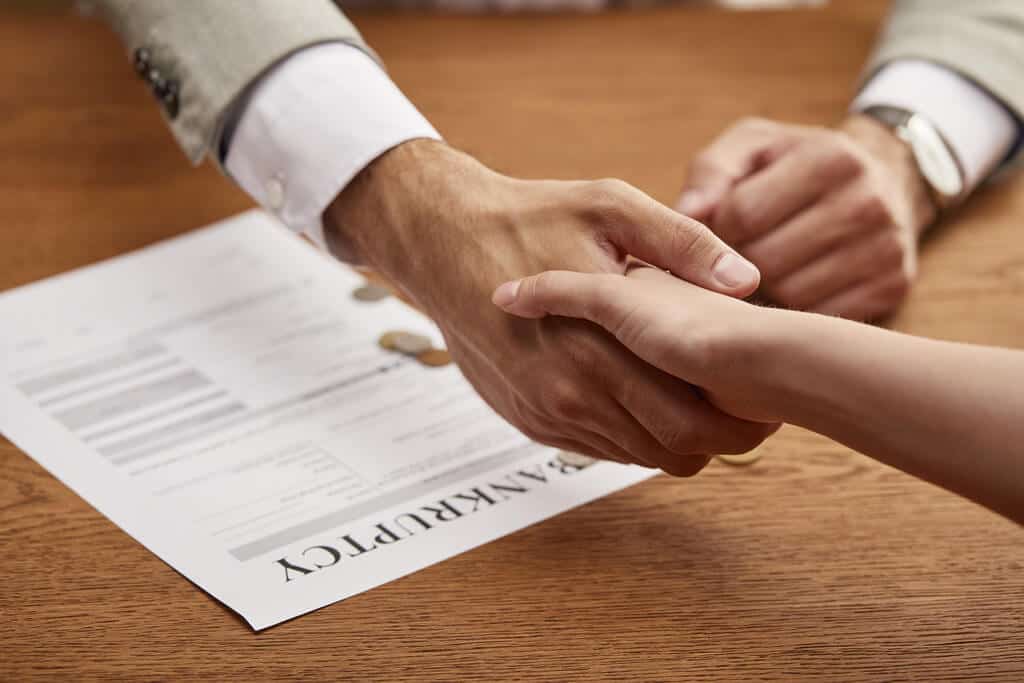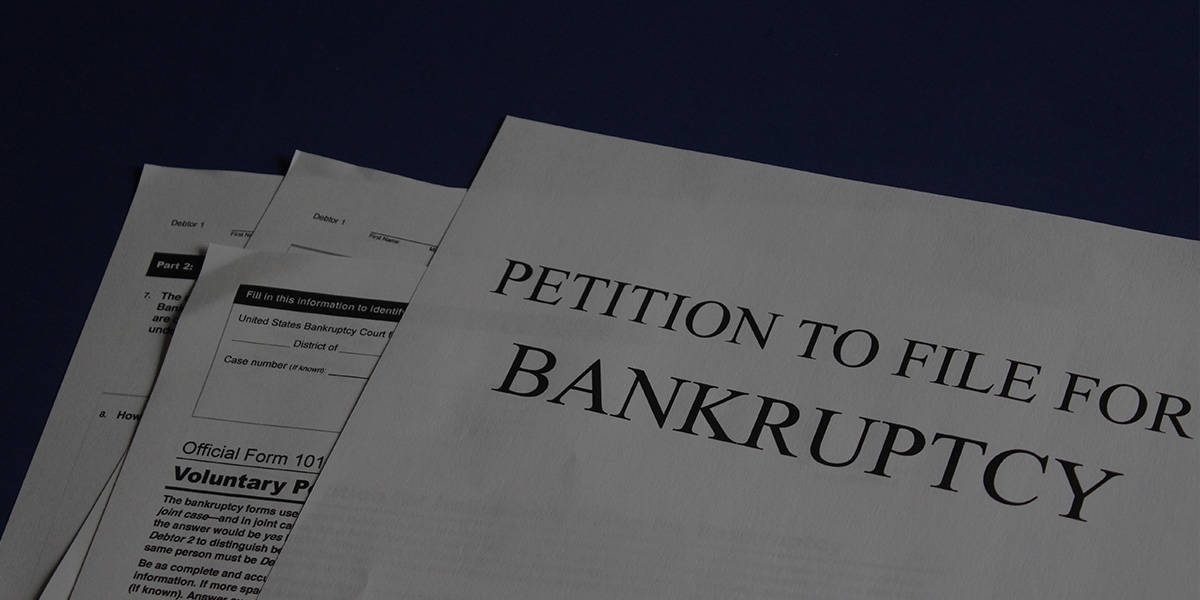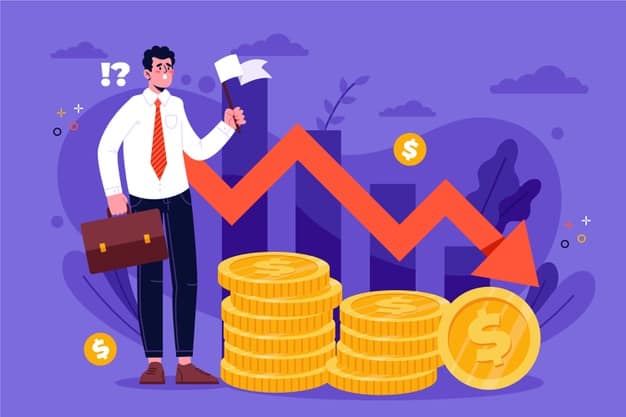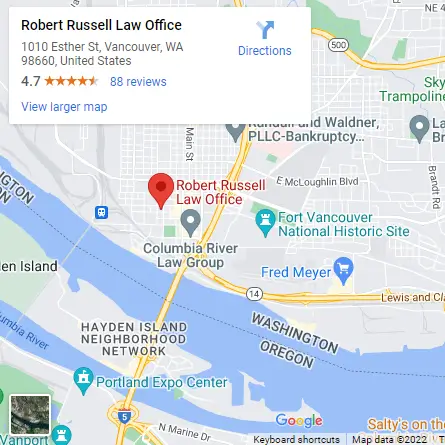If you are current on your debts, but you know you are going to be filing bankruptcy soon, it is reasonable for you to ask if you can/should stop paying creditors now.
When a Debtor files bankruptcy, the “automatic stay” prohibits creditors from calling you, sending you dunning letters, placing negative entries on your credit report and suing you, etc. However, prior to filing, there is no such automatic stay or protection from collection efforts. That means that if you stop making payments, you should not be surprised if you are subjected to collection efforts including but not limited to telephone calls, letters, negative credit report entries, lawsuits, garnishment (assuming a judgment exists), collateral repossession/foreclosure efforts, bank/credit union setoffs, etc.
Here is what you might think about with these certain types of debts:
- Credit Cards/Medical Debt/Personal Loans: Most of the time you are fine not making the payments as long as you don’t mind being subjected to collection efforts until you file bankruptcy. If you just used a card before you decided you needed to file bankruptcy, you might choose to make payments on that card. This can be complicated. You should talk to qualified counsel on the subject.
- Car Loans: If you don’t make car payments, at some point the creditor will likely attempt to repossess the vehicle. If you don’t want the vehicle, then you can stop making payments as long as you don’t mind the creditor potentially repossessing the vehicle. If you want to keep the vehicle, you might choose to keep making payments. There are scenarios where you can stop making payments, but each case is different. You should talk to qualified counsel on the subject.
- Home Loans: If you don’t make home loan payments, at some point the creditor will likely attempt to foreclose on the home. If you don’t want the home, then you can stop making payments as long as you don’t mind the creditor taking steps towards foreclosure (which normally takes months after missing payments). If you want to keep the home, you might choose to keep making payments. There are scenarios where you can stop making payments, but each case is different. You should talk to qualified counsel on the subject.
- Taxes: Some taxes are not discharged in bankruptcy. Some are discharged. This can be complicated. If you know a tax is going to be discharged, you might choose to not make a payment. You should talk to qualified counsel on the subject.
- Child/Spousal Support: These debts are not discharged in bankruptcy. Filing bankruptcy soon is not a good reason to not pay these debts
Beware – Bank/Credit Union Setoff!
If you have a checking or savings account with a bank or credit union AND you owe them money, then the bank/credit union can grab money from your checking/savings account to make payment on the debt. (This is called a “setoff”.) Therefore, you might want to move your money out of your bank/credit union before you miss a debt payment to them
Beware – Credit Union Cross-Collateralization!
Credit Union will often ‘connect’ any/all loans they make to a party together via a “cross-collateralization” provision in the loan agreements. For example, if you have a car loan and a personal loan with a credit union, the personal loan might also be secured by the car that is collateral for the car loan. That means that if you miss a payment on the personal loan, that may allow them to repossess the car even if you are current on the car loan. You should talk to qualified counsel on the subject.
I hope you found this helpful. We offer a free initial consultation if you have bankruptcy questions.

